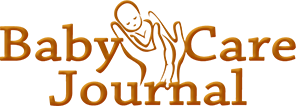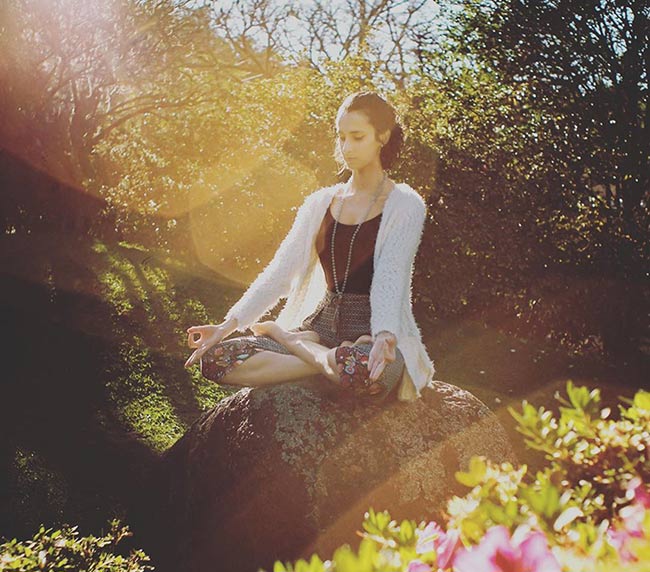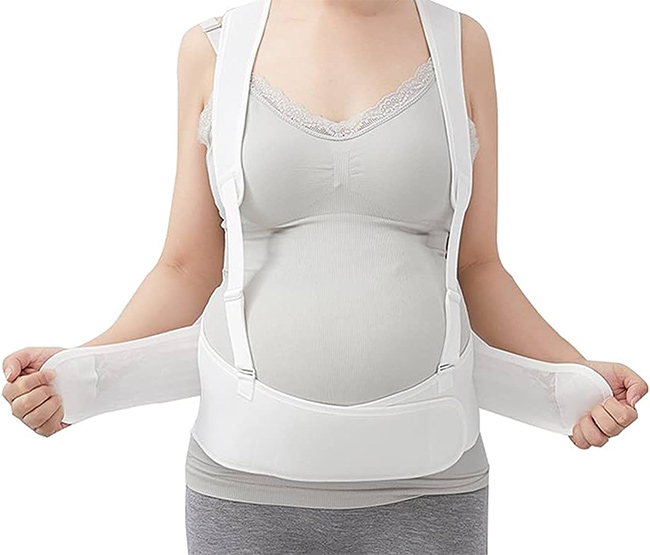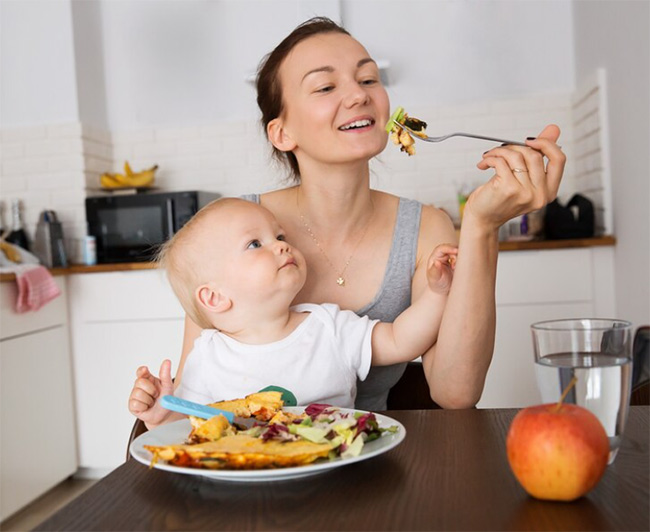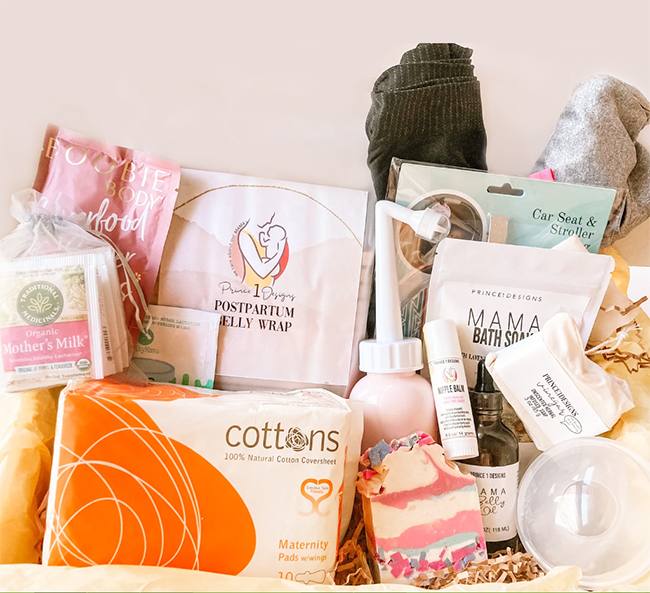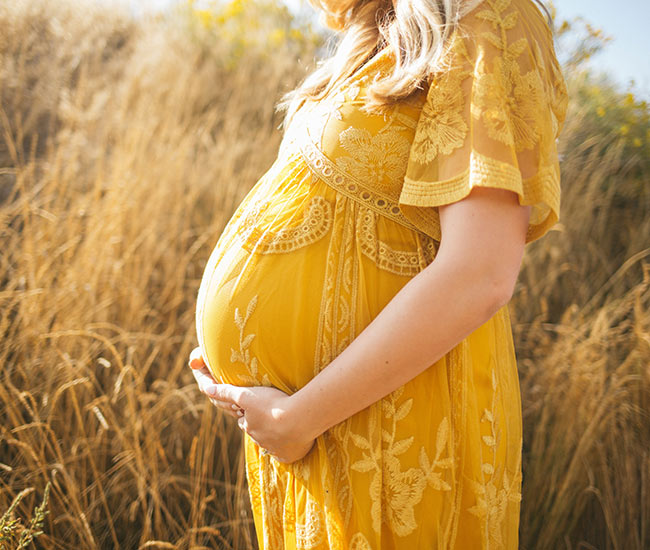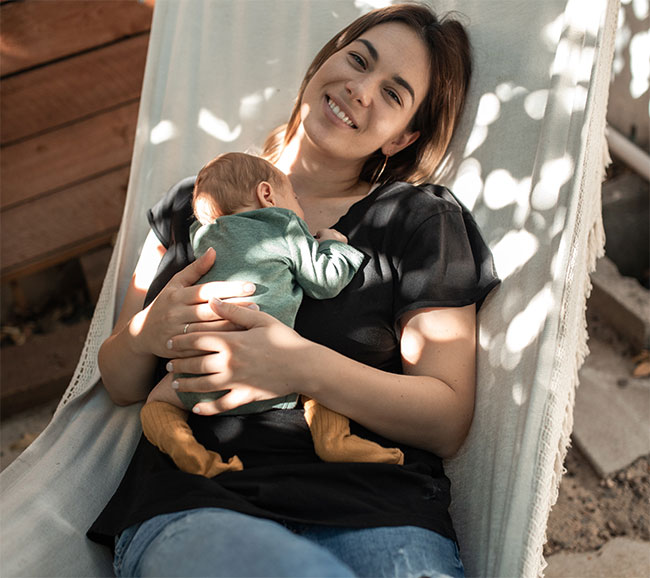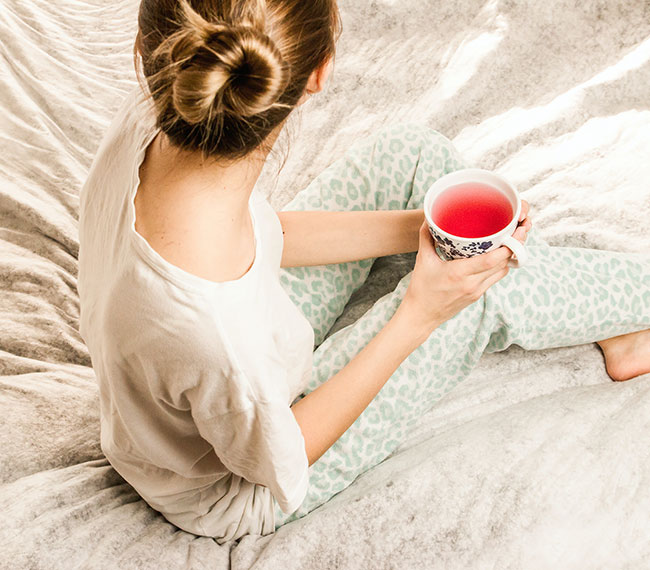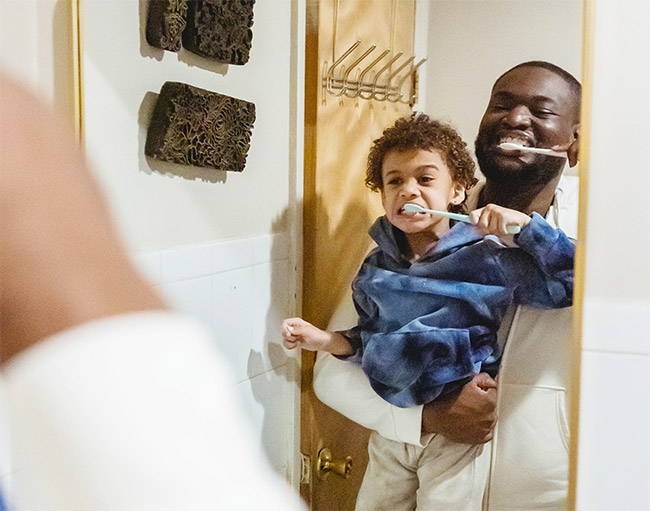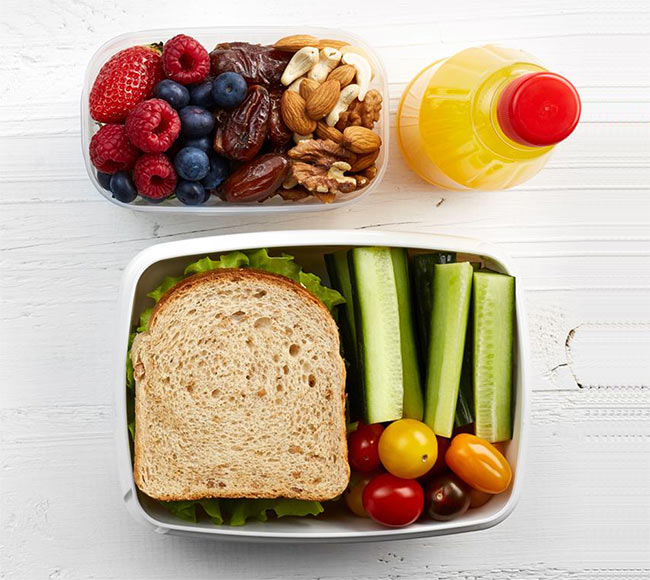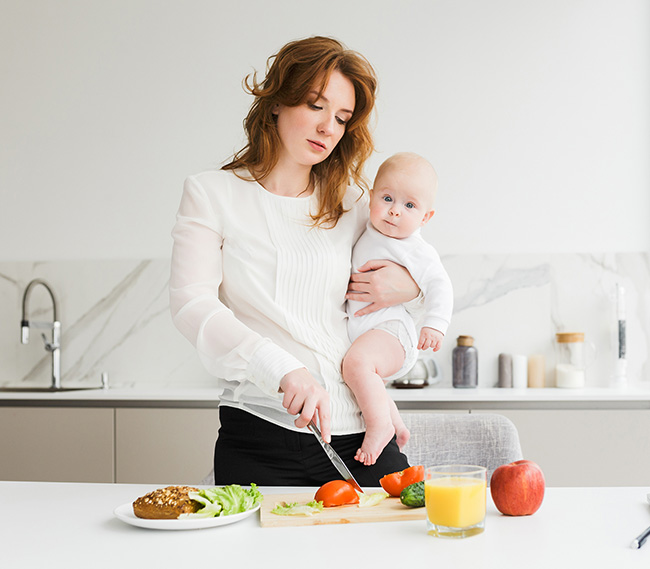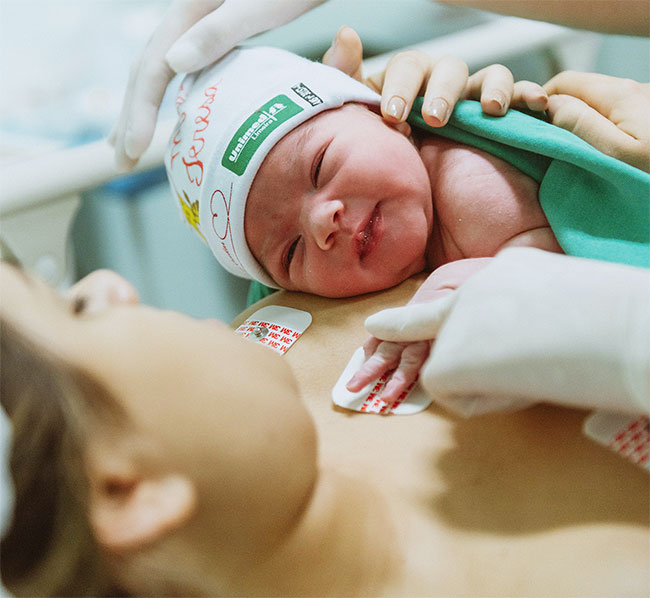If you're a new mom or about to become one, you've probably heard about the many changes your body goes through after childbirth. One of the less talked about but very real experiences is postpartum hair fall. After months of luscious, thick pregnancy hair, many of us are taken by surprise when we start shedding strands at an alarming rate. This can be a distressing time on top of going through sleepless nights, but I want to share my journey and tips on how I navigated through it.
Understanding Postpartum Hairfall
Before I dive into how I managed it, let’s get a bit of background on what’s happening which i understood after researching my self. During pregnancy, increased estrogen levels keep your hair in the growth (anagen) phase, leading to less shedding and fuller, shinier locks. However, after giving birth, estrogen levels drop, and all those hairs that were in a prolonged growth phase start to shed all at once. This typically occurs about 3-6 months postpartum and can last for several months. It’s a natural process called telogen effluvium and, while it’s normal, it can feel overwhelming.
My Postpartum Hairfall Experience
I remember about three months after my baby was born, I started noticing strands of hair on my pillow, in the shower, and pretty much everywhere. Whenever i touched my hairs, few strands come straight in my hands. At first, I thought I was overreacting, but soon enough, the volume of hair in my hands after every wash was undeniable. My ponytail was visibly thinner, and I had to come to terms with the fact that this was real. It was easy to feel insecure, especially during a time when you’re already adjusting to so many changes in your life and body. But with time, patience, and a few strategies, I got through it.
Strategies That Helped Me Survive Postpartum Hairfall
1. Understanding That It’s Normal
The first step to coping with postpartum hair fall was accepting that it was a normal part of the postpartum period. It wasn’t my fault, and it didn’t mean I was doing anything wrong. This acceptance helped me stay calm and not stress excessively about the hair loss, which could have made it worse.
2. Maintaining a Healthy Diet
Nourishment is key, not just for hair but for your overall recovery. After childbirth, your body is going through a lot, and it needs all the nutrients it can get. I also made sure to eat a balanced diet that included
- Leafy greens and vegetables: Rich in vitamins A and C, which are vital for hair health.
- Protein: Hair is made of keratin, a protein, so incorporating lean meats, beans, and lentils helped.
- Iron-rich foods: Spinach, lentils, and red meat helped to replenish the iron that can be depleted after childbirth.
- Omega-3 fatty acids: Foods like salmon, chia seeds, and walnuts provided the fatty acids essential for healthy hair growth.
3. Supplements for Hair Health
Even with a healthy diet, sometimes our bodies need a bit more help. After consulting with my doctor, I continued taking my prenatal vitamins and added a few supplements that can support hair health
- Biotin: Known for supporting hair, skin, and nails.
- Vitamin D: To help regulate hair follicle growth.
- Collagen supplements: To strengthen hair strands and promote growth.
Before adding any supplements to your routine, make sure to consult with your healthcare provider.
4. Gentle Hair Care Routine
I realized that treating my hair gently was more important than ever. Here are a few things that worked for me
- Avoiding tight hairstyles: Instead of tight ponytails or buns, I opted for loose braids and low buns to prevent stress on my hair.
- Washing less frequently: I switched to washing my hair every few days rather than daily, which reduced breakage.
- Using a wide-tooth comb: I used a wide-tooth comb to detangle my hair, especially when it was wet. This minimized pulling and breakage. On the other hand try to comb hairs after they are almost air dried.
- Sulphate-free shampoos and conditioners: I chose gentle, sulfate-free products that wouldn’t strip my hair of its natural oils.
- Deep conditioning treatments: Once a week, I treated my hair to a nourishing mask to keep it hydrated and soft.
5. Choosing the Right Hair Products
During this period, I also switched to products designed for thinning hair. These products can help with hair strength and volume:
- Volumizing shampoos: These added some lift and made my hair look fuller.
- Leave-in conditioners: I used lightweight leave-in conditioners to keep my hair soft without weighing it down.
- Hair oils and serums: Natural oils like argan oil and coconut oil kept my hair moisturized and reduced frizz. I also tried scalp serum with caffeine to stimulate hair growth.
6. Finding a Good Hairstyle
As much as I love my long hair, it was feeling thin and flat, so I decided to go for a trim. A shorter cut gave my hair more volume and made it look healthier. It also helped me feel more in control of the situation. I didn’t go for a drastic change, just a few inches off, but it made a big difference in how my hair felt.
7. Avoiding Stress and Prioritizing Self-Care
As a new mom, it’s easy to get overwhelmed. Stress can have a negative impact on your health, including your hair. I found that taking time out for myself, even if it was just a few minutes a day, made a huge difference. This could be:
- Practicing mindfulness: Simple breathing exercises and meditation helped me stay calm.
- Staying active: Light exercises like walking or yoga were great for managing stress and boosting my mood.
- Getting enough sleep: Easier said than done with a newborn, but even sneaking in short naps helped.
8. Using Home Remedies
I also turned to some tried-and-tested home remedies for hair health:
- Aloe vera gel: Known for its moisturizing and nourishing properties, aloe vera helped soothe my scalp and kept it hydrated.
- Egg masks: Once a week, I would apply an egg mask to my hair to add protein and strength. It’s a little messy, but the benefits were worth it.
- Castor oil massage: I massaged my scalp with warm castor oil once a week, which is believed to promote hair growth.
Accepting the Transition and Being Kind to Yourself
The postpartum period is full of transitions, both wonderful and challenging. Hair fall can be just one of those challenges, but it doesn’t have to define your postpartum experience. My journey was not just about finding the right products or remedies, but also about learning to be kind to myself and accepting that my body was going through a period of change.
Surviving postpartum hair fall is about patience, understanding, and care. It’s okay to feel frustrated, but remember that it’s a phase, and it will pass. Take care of your body, treat your hair gently, and focus on nourishing yourself from the inside out. If you’re feeling overwhelmed, don’t hesitate to reach out to your healthcare provider for advice.
Every woman’s postpartum journey is different, but you're not alone in this. I hope my story and tips offer some comfort and guidance for anyone navigating this period. You’ve got this, mama!
